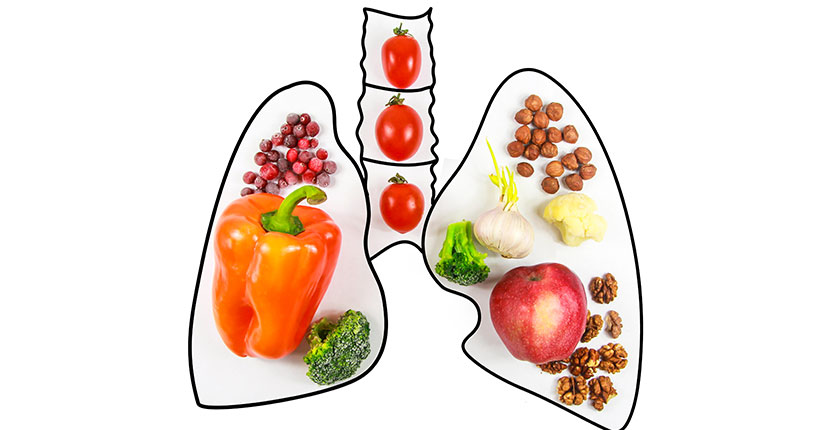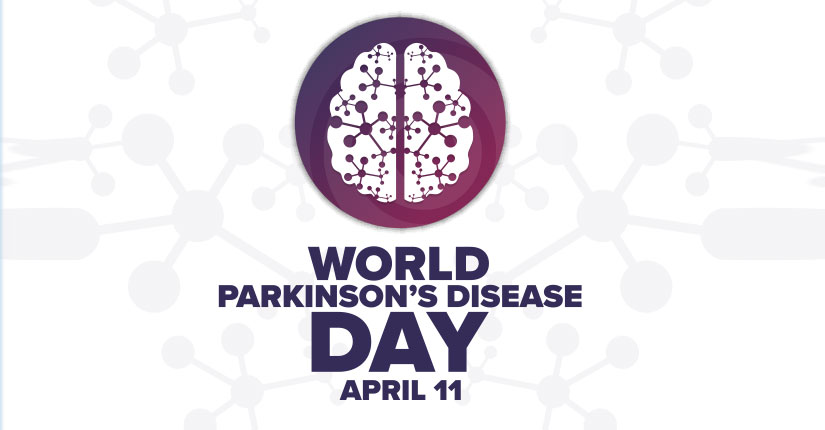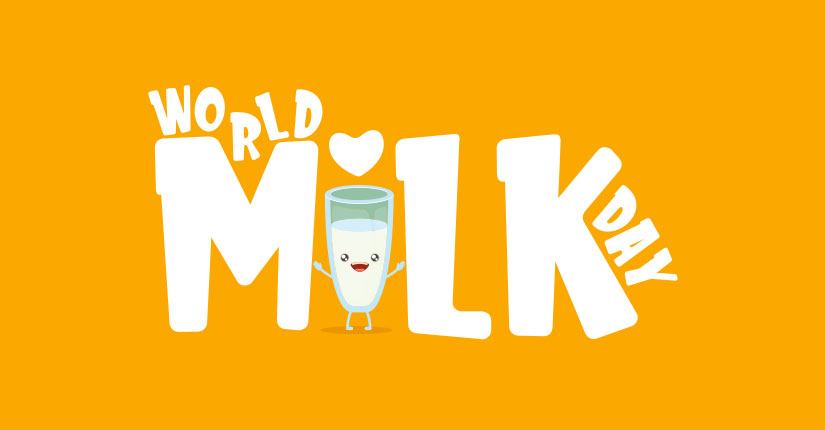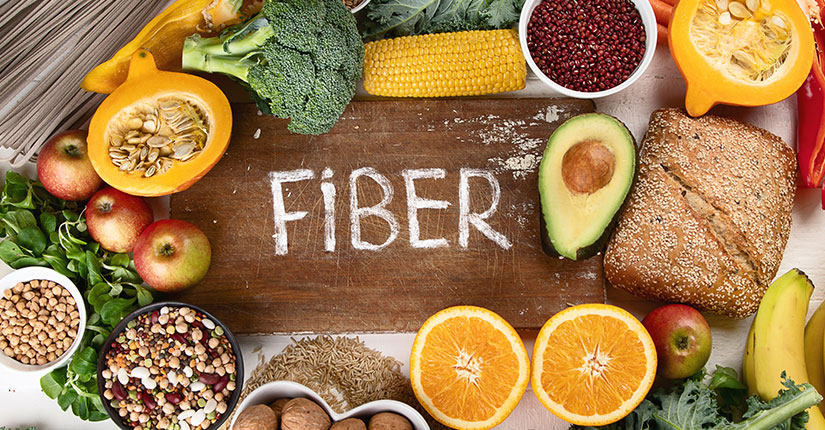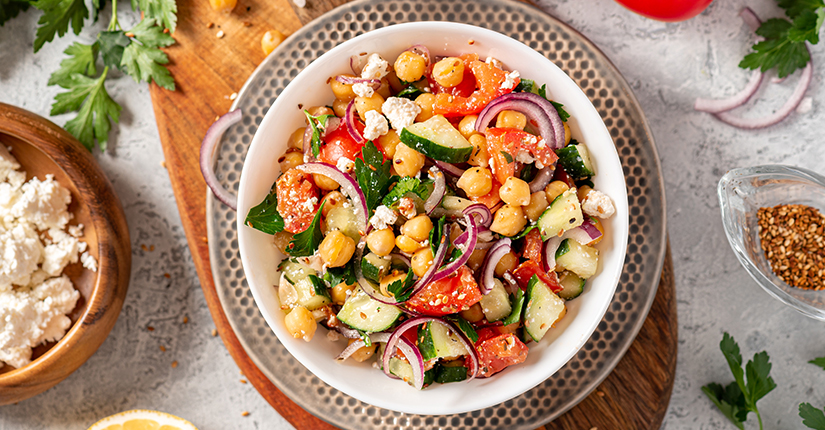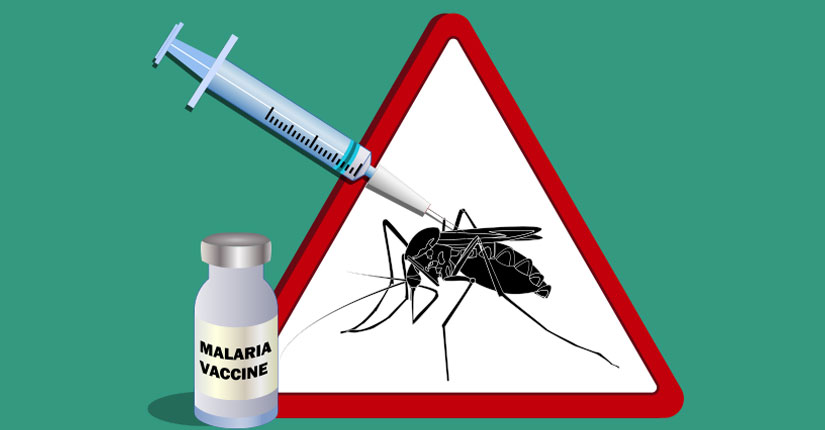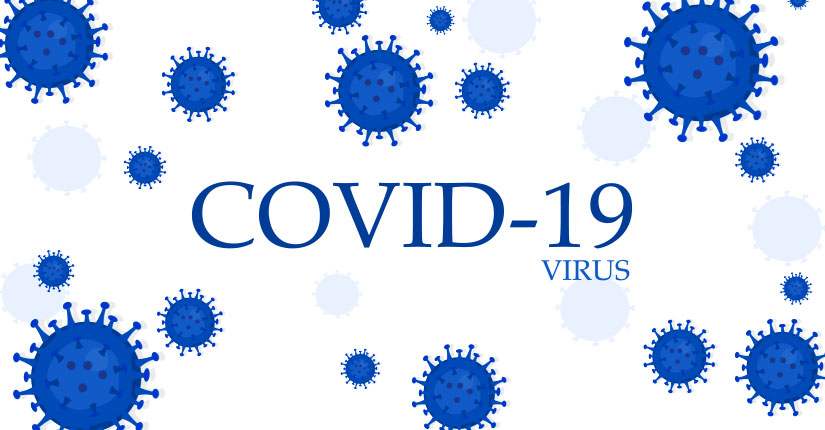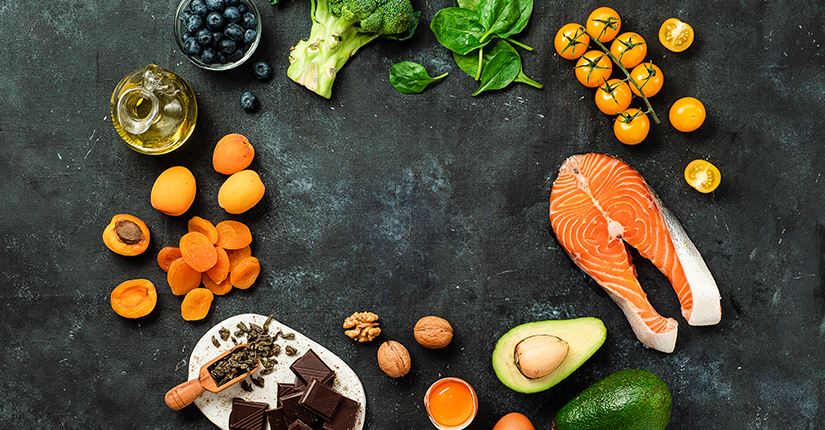Understanding the Role of Diet in Liver Health
By Nmami Agarwal 19-Apr 2021 Reading Time: 4 Mins
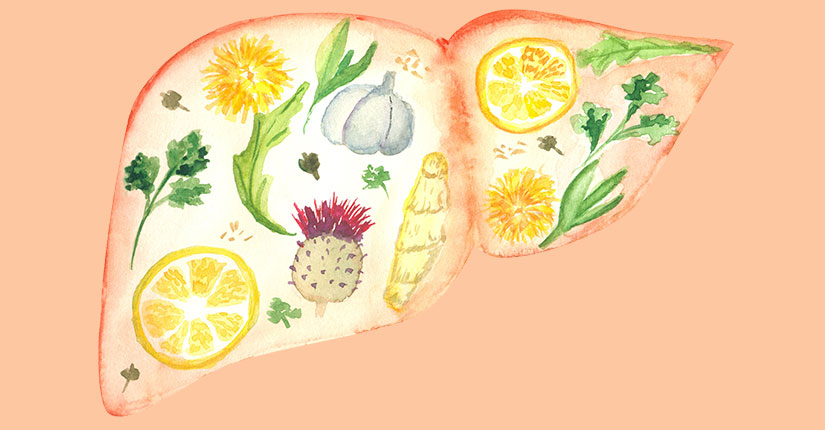
The Liver is the resilient and the largest gland of the body. Considering its function in digestion and detoxification, it is also one of the most important. To one side it detoxifies, to the other it metabolizes fats, carbohydrates, and proteins. Liver produces bile that helps in the breakdown and absorption of fats and certain vitamins. Along with, some mineral, vitamins and glycogen reserves are stored in the liver. The key to a healthy liver cannot be stressed enough. Hence, it becomes vital to keep our liver in good health for it to perform its functions properly.
Diet plays an important role in a healthy liver. Eating healthy and maintaining a balanced diet can help to support your liver to function and plays a crucial role in your health
Importance of Diet in Liver Health
When you eat food, it is broken down in your stomach and intestine (gut) and three main nutrients are extracted: Carbohydrates, Proteins and Fats.
To function properly, the cells in our body need energy and this energy is supplied from the glucose in our food. This glucose is primarily supplied by the carbohydrates in our diet.
Proteins known as the building blocks of our bones and muscles. Foods that are high in protein such as meat, eggs, pulses, soybean and cottage cheese have the go ahead. In general proteins are converted into glucose instead of being utilized in muscle building. Which means that even in the absence of carbohydrates in the diet, glucose is formed in the body. Since the diet cannot be deficient in protein it is important to cut down on the carbohydrates and avoid all sugars to reverse a fatty liver condition
The Micronutrients (such as vitamins and minerals) play an important role in a diet that comes from fruits and vegetables. Making salads, fruits, and vegetable juices an essential part of diet. It is therefore the fibre that provides the bulk to the food. And, lack of fibre damages the intestinal lining and in turn damages the liver.
Lastly, a balanced and healthy diet that sustains liver health must be low in carbohydrate, moderate in fats, and high on protein with generous portions of fruits and vegetables. It will not only keep up a healthy liver but also keep a person in great health.
The Dietary Recommendations:
- Carbohydrates – 300-400gms/day ie. 35-40 kcal/BW
- Protein – 1.5-2 g / kg IBW.
- Fat – 40-50 gm / day
- Vitamin supplementation – B complex, Vitamin C
Over to you:
A nutritious diet is one that has the right proportion of carbohydrates, proteins and fats (the macronutrients), and vitamins and minerals (the micronutrients). It is important to remember that the body’s nutritional needs may vary depending on the type and severity of your condition.


